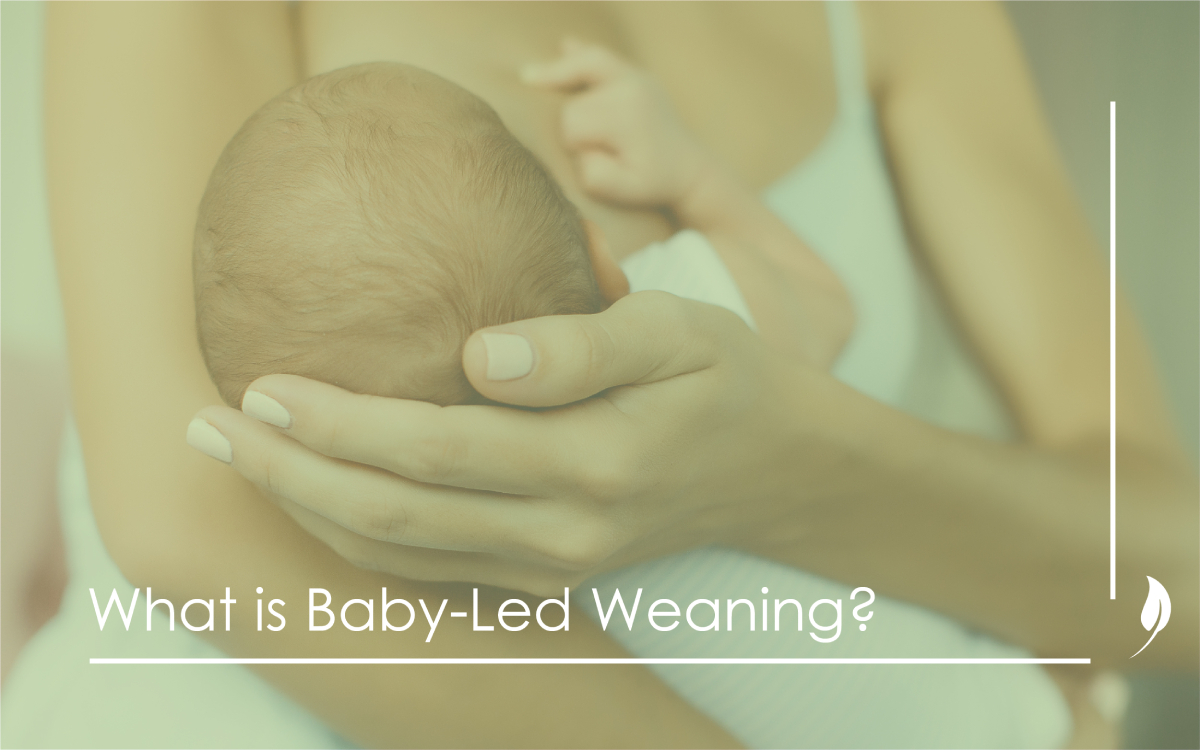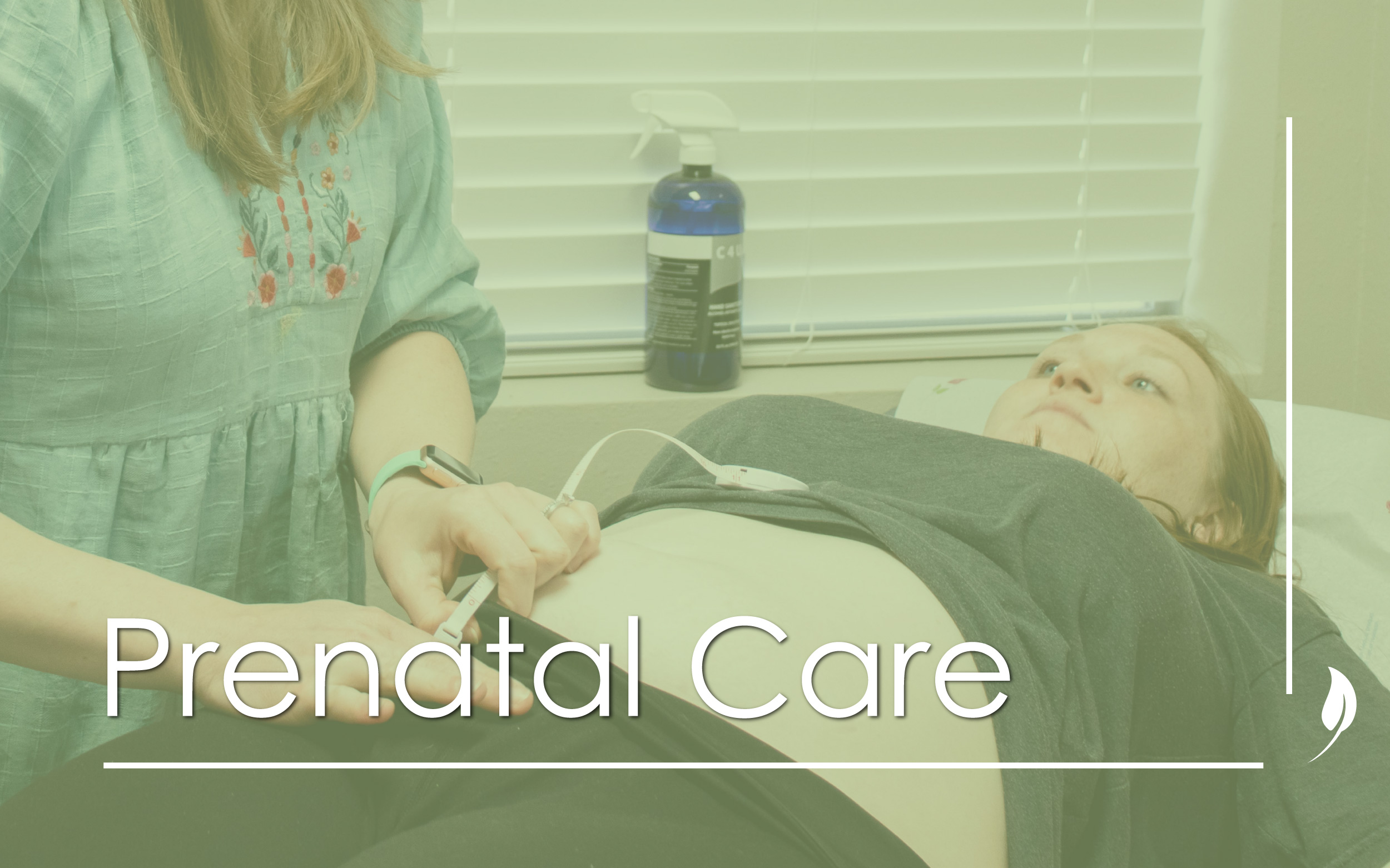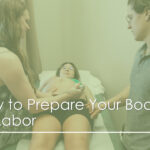What is Baby-Led Weaning?
There comes a time when all babies hit the stage of weaning. It is an important time but can be a little challenging for both mother and baby!
What is Weaning?
Weaning is when you start introducing solids and semi-solid foods into your baby’s diet along with the breastmilk or formula milk they were on. Most families usually start the weaning process at around 4-5 months, but the timing is always a personal decision. Sometimes it can be because of work, health issues, or just a feeling that your baby is ready to move onto solid foods.
Most parents like to start with pureed foods like mashed potatoes and pureed fruits. But it’s really up to your baby and what they’re receptive to. Traditional weaning consists of someone feeding the baby with a spoon. Another way of weaning becoming popular nowadays is baby-led weaning.
What Is Baby-led Weaning?
Baby-led weaning is when instead of feeding your baby with a spoon, you give them finger foods that they can eat themselves, right from the start.
So you can put your baby in a high-chair, set some baby-friendly finger foods such as soft ripe fruit like bananas or avocado, shredded strips of meat that you can push your fingers through, or baked or steamed veggies, and let them feed themselves. Make sure to stay around to supervise them so they don’t accidentally stuff too much and end up coughing it all up!
Advantages of Baby-Led Weaning
Baby-led weaning not only makes the job easier for parents, but it has other benefits for the babies as well.
1. Helps improve their coordination
When babies are feeding themselves, it helps fine-tune their hand-eye coordination and also improves their dexterity as they grasp foods in their tiny hands. Such foods also encourage chewing, which is better for their digestion and regulates the proper development of teeth.
2. Instills the habit of self-feeding early on
With baby-led weaning, children learn the task of feeding themselves early on which makes the task easier for parents as they grow up. In contrast to kids who develop the habit of being fed by someone else, they usually grow out of it with great difficulty.
3. Prevents obesity
Since babies are self-regulating how much they want to eat, it’s very less likely for them to be eating more than what they should. They’ll feed themselves as much as they need to, to satiate themselves, and then they’ll stop.
With spoon-feeding, parents are often wary of having them finish a portion, which often leads to force-feeding and potentially, childhood obesity. Baby-led weaning helps prevent that by eliminating the idea of force-feeding.
4. It’s easier
Parents no longer have to buy tiny jars of foods or make them at home with the whole process of pureeing and mashing and freezing. Finger foods are easier to procure and you can give them to your baby without much hassle.
Why Some Families Don’t Choose Baby-Led Weaning
1. It’s messy
Of course, when you put a baby and food together it’s going to be messy. You can prevent some of that with a bib and by limiting them to their high chair, but ultimately, they’ll end up needing a change of clothes.
2. Safety hazard
Some foods can cause the baby to choke, such as grapes, raisins, or other types of round, firm foods. Try to avoid these foods and stick with softer things for starters until they learn the idea of taking bites.
As mentioned above, when and how you decide to wean your baby is a personal decision. There is no right or wrong way when it comes to deciding what works best for your baby! By taking gradual steps and working towards weaning, you can hopefully help make it a smooth transition for both you and your little one.















